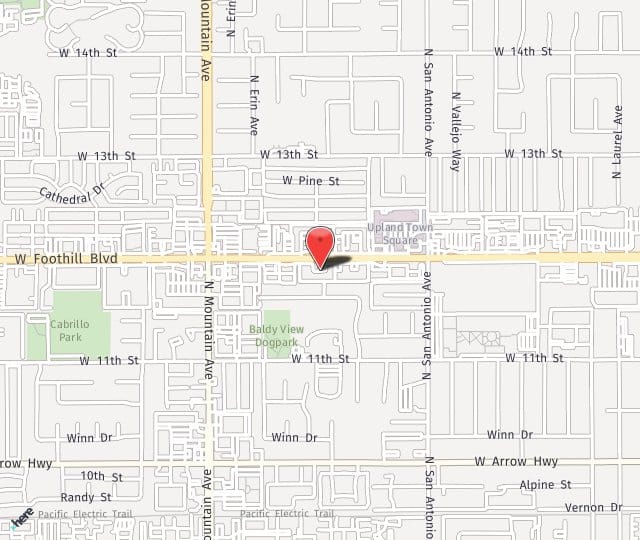Many employers require an employment physical to determine the suitability of an individual for a job. A pre-employment physical exam may be requested to ensure new hires are physically capable of performing their work and meet general health standards. Employment examinations may include physical examinations, health inquiries, psychological tests, drug testing, and mental health assessments. These exams compare the health of the potential employee with the expected demands of the job, to ensure that the individual is fit to do the job.
The goal of the employment physical is to determine whether or not the prospective employee is capable of performing the physical demands of the job. The physical also intends to enhance safety at the workplace, and minimize the risk of work site-related accidents. If a prospective employee has some physical issues that are not essential to the job, the employment physical also allows the employer to make proper accommodations for the employee.
Employment Physicals and Testing
Employment physical examinations are often regulatory and compliance examinations for:
- Department of Transportation (DOT)
- Occupational Safety and Health Administration (OSHA)
- HazMat (Hazardous materials)
These physical examinations are often required by the federal government and employees must pass a medical evaluation conducted by a healthcare professional prior to employment. Additional employment examinations and tests include:
- Pre-employment physicals
- Drug and alcohol screening
- Health risk assessments
- Executive physicals
Fitness for duty examinations are also performed to medically evaluate the ability of a worker to return to duty after a medical leave. This examination can help to determine if the employee is fully able to perform the job or if any restrictions or accommodations may be necessary to protect the employee and employer.
The Employment Physical
Employment physicals may include exams tailored to the specific needs of a workplace. Prior to the examination, the patient's complete medical and occupational histories are reviewed and the physical examination commonly includes the following:
- Vision testing
- Hearing test
- Pulmonary function testing (PFT)
- Blood pressure check
- Height and weight check
- Physical abilities tests (PATs)
- Cardiovascular evaluation
- Drug testing
Blood and urine tests are also administered. Some tests are tailored specifically to evaluate the physical requirements that are essential for the job.
A physical examination benefits both the potential employee and the employer. Employers are assured that the employee is physically fit for the job, and employees can be assured of safe and appropriate assignments in the workplace.

